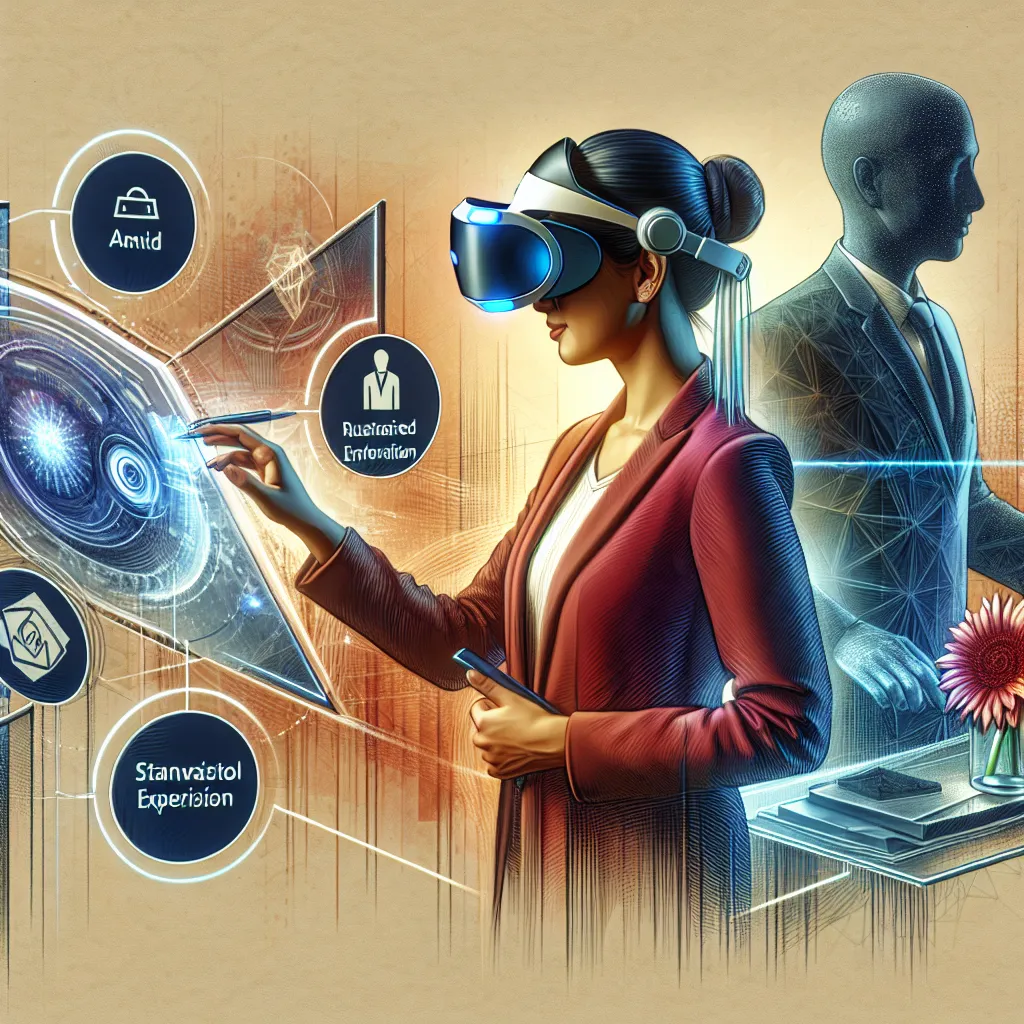The article “Streamlining Courier Routes for Faster Deliveries” emphasizes the importance of optimizing courier routes to ensure efficient and timely delivery. It discusses the use of route optimization software and real-time tracking technology to minimize travel time and adapt to unexpected factors. In addition, effective communication and coordination among drivers and dispatchers are highlighted as essential for streamlining courier routes. Furthermore, the article underscores that these strategies not only benefit the company’s bottom line but also contribute to a more sustainable and environmentally friendly delivery process. The paragraph on “Optimization Techniques for Efficient Courier Delivery Management” provides further insights into the use of route optimization algorithms, real-time tracking systems, and machine learning to enhance operational efficiency and reduce environmental impact. Moreover, the section “Maximizing Resources for Effective Courier Dispatch Operations” discusses the significance of using advanced routing and scheduling software as well as efficient workforce management to optimize courier dispatch operations. Overall, the article presents practical and data-driven strategies for improving courier delivery management, catering to businesses aiming to enhance their delivery operations and customer satisfaction.
Author: admin

Measuring and Improving Service Quality in Todays Competitive Market
The article discusses the critical importance of service quality in today’s highly competitive market. It emphasizes the need for businesses to prioritize exceptional service to stand out and maintain customer satisfaction. The impact of service quality on customer retention, loyalty, and business performance is highlighted, with a focus on the role of digital platforms in shaping a company’s reputation. Additionally, the article delves into key metrics for measuring service quality, such as customer satisfaction, service delivery time, and customer loyalty indicators. It also explores strategies for improving service quality, including fostering a customer-focused culture and investing in employee training. Overall, the article provides a comprehensive overview of the significance of service quality in the competitive market and offers insights into measuring and enhancing service standards.

Practical Solutions for Reducing Plastic Waste in the Oceans
The world is facing a critical challenge of plastic pollution in the oceans, but there is hope with the emergence of innovative technologies for cleaning up this pervasive environmental threat. These technologies, including autonomous drones equipped with AI and computer vision, advanced filtration systems, and passive cleanup arrays, offer scalable and efficient solutions for mitigating ocean plastic pollution. Alongside these technological advancements, community-led initiatives are proving to be instrumental in addressing plastic waste in coastal areas, organizing beach clean-up events, leading education and outreach programs, and collaborating with local businesses and authorities. By harnessing the power of innovative technologies and community-driven efforts, we can make significant strides in reducing the detrimental impact of plastic pollution on marine ecosystems.

The Role of Forwarding in Modern Supply Chain Management
The article highlights the crucial role of forwarding services in today’s supply chain management, emphasizing their contribution to the efficient and reliable flow of goods. It stresses the significance of forwarding services in optimizing the supply chain through cost-effective transportation methods and timely deliveries, ultimately enhancing customer satisfaction. The article also underscores the instrumental role of forwarding services in managing international trade complexities, customs regulations, and supporting Just-In-Time inventory management. Additionally, it offers insights into strategies for successful forwarding in the modern supply chain, including the implementation of advanced technology, fostering strong partnerships, and embracing sustainable practices. The comprehensive coverage of the article makes it an essential read for professionals seeking a deeper understanding of the pivotal role of forwarding services in modern supply chain management.

Implementing Lean Maintenance Practices for Cost-Efficient Operations
The article “Strategies for Implementing Lean Maintenance in Manufacturing Facilities” provides a comprehensive overview of the key strategies for implementing lean maintenance, emphasizing the importance of preventive maintenance, continuous improvement culture, and technology utilization. By prioritizing preventive maintenance, fostering a culture of continuous improvement, and leveraging technology and data analysis, companies can achieve greater cost-efficiency, improved equipment reliability, and enhanced operational performance. Additionally, “Maximizing Cost-Efficiency Through Lean Maintenance Practices” highlights the significance of proactive maintenance strategies, continuous improvement culture, and technology integration in achieving significant cost savings and operational efficiency. The article engages readers by offering practical insights into implementing lean maintenance practices, making it a valuable resource for those seeking to optimize maintenance processes and reduce operational costs in manufacturing facilities.

Advancements in Automation Technology: Transforming Industries
The integration of robotics and AI has brought a paradigm shift to industrial efficiency, revolutionizing manufacturing processes and positively impacting workplace safety. In the manufacturing industry, this revolution has led to enhanced productivity, precision, and quality, with robots equipped with AI capabilities excelling in complex tasks and improving overall product quality. Furthermore, automation technology has streamlined production processes, optimized resource utilization, and minimized waste, while also providing real-time analytics for adaptable and proactive decision-making. Moreover, the integration of automation has significantly reduced production time and costs, leading to improved workplace safety by minimizing the risk of accidents and injuries. The potential for further optimization and innovation in industrial automation is vast, with automation revolutionizing manufacturing processes and offering tremendous opportunities for continued advancement.

Service Quality Management in the Hospitality Sector
The article emphasizes the significance of Service Quality Management in the Hospitality Industry, highlighting its direct influence on customer satisfaction, loyalty, and overall business success. It underlines the competitive nature of the industry, where exceptional service is vital for gaining a competitive edge and building a strong brand reputation. Additionally, the importance of maintaining high service quality in the digital age, with its influence on online reputation and customer feedback, is elucidated. The article also discusses key strategies for enhancing service quality in the hospitality sector, including employee training, leveraging technology, and fostering a customer-centric culture. It concludes by stressing the critical impact of service quality on customer satisfaction and how businesses can effectively enhance service quality to drive positive reviews and increased loyalty. Readers are encouraged to explore the full article for detailed insights into these crucial aspects of the hospitality industry.

Enhancing Customer Experience Through Service Innovations
The article discusses the implementation of personalized chatbots for instant customer support and highlights the benefits of using artificial intelligence to understand customer preferences and provide tailored assistance. It emphasizes how personalized chatbots can improve customer satisfaction, loyalty, and operational efficiency by offering instant support and gathering valuable customer data. Furthermore, the article also explores the leverage of augmented reality for interactive product demonstrations, showcasing its ability to create immersive experiences, enhance understanding of products, and streamline the sales process. It concludes by emphasizing the impact of customized loyalty programs on enhancing customer satisfaction and retention. Overall, the article provides compelling insights into innovative strategies for enhancing the overall customer experience and driving business growth, making it a must-read for businesses aiming to stay ahead in today’s competitive landscape.

The Impact of Automation on the Future of Work
The article “The Evolution of Jobs in the Age of Automation” provides insights into the shifting nature of work due to advancing automation technologies. It highlights the displacement of routine tasks and the emergence of roles requiring higher cognitive and interpersonal skills. The article also emphasizes the need for individuals to develop adaptable skill sets and embrace lifelong learning to navigate the evolving workforce. Furthermore, it explores the potential for a more dynamic and fulfilling labor landscape amidst these changes. With a focus on developing new skills, embracing technological literacy, and adapting to the changing demands of the workforce, the article encourages readers to explore the full spectrum of impacts and opportunities presented by automation in the workplace.

Effective Strategies for Employee Motivation in the Workplace
The article delves into the crucial role of recognition in motivating employees, emphasizing the positive impact of feeling valued and appreciated in the workplace on morale and productivity. It highlights strategies such as verbal recognition, tangible rewards, and creating a culture of peer-to-peer appreciation, ultimately emphasizing the significance of thoughtful recognition in cultivating a motivated workforce. Furthermore, it outlines the importance of creating a positive work environment through open communication, recognition, professional development opportunities, and work-life balance, ultimately fostering employee engagement and commitment. The article offers comprehensive insights into the power of recognition and positive work environments in boosting employee motivation and morale, making it a must-read for organizations seeking to enhance their workplace culture.

